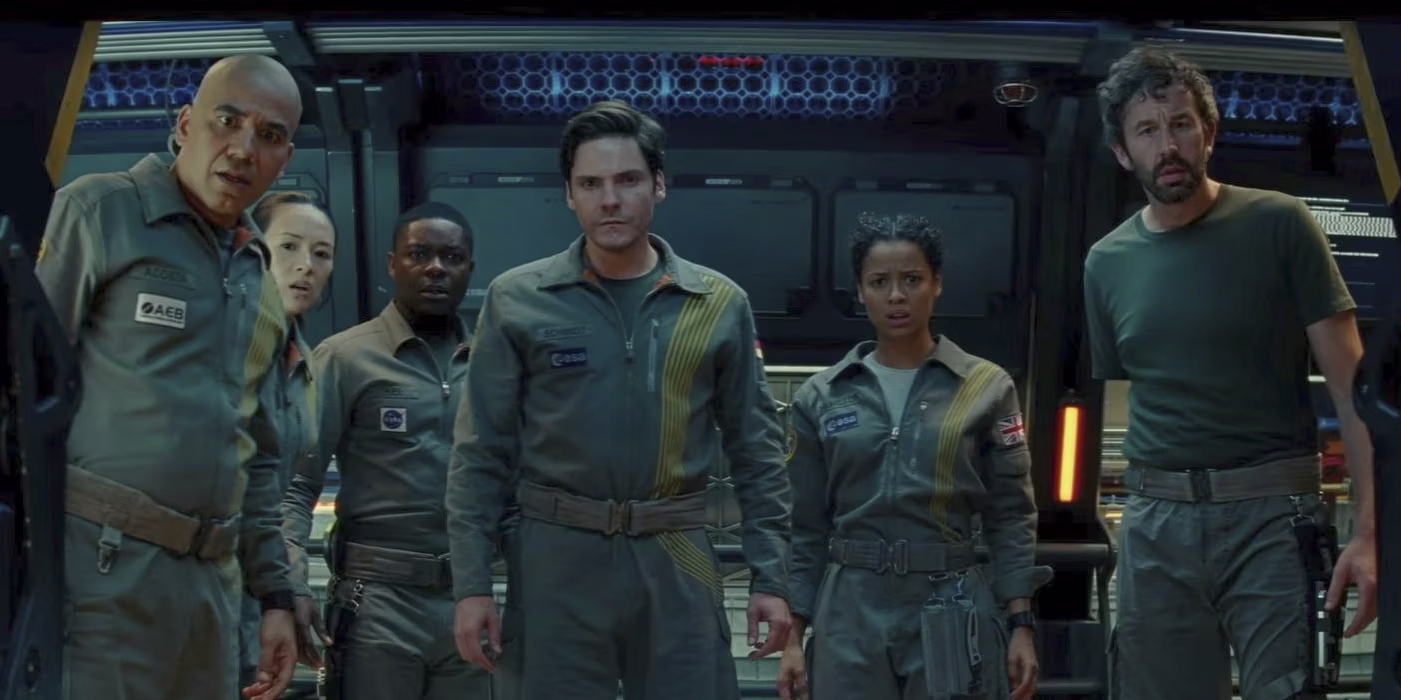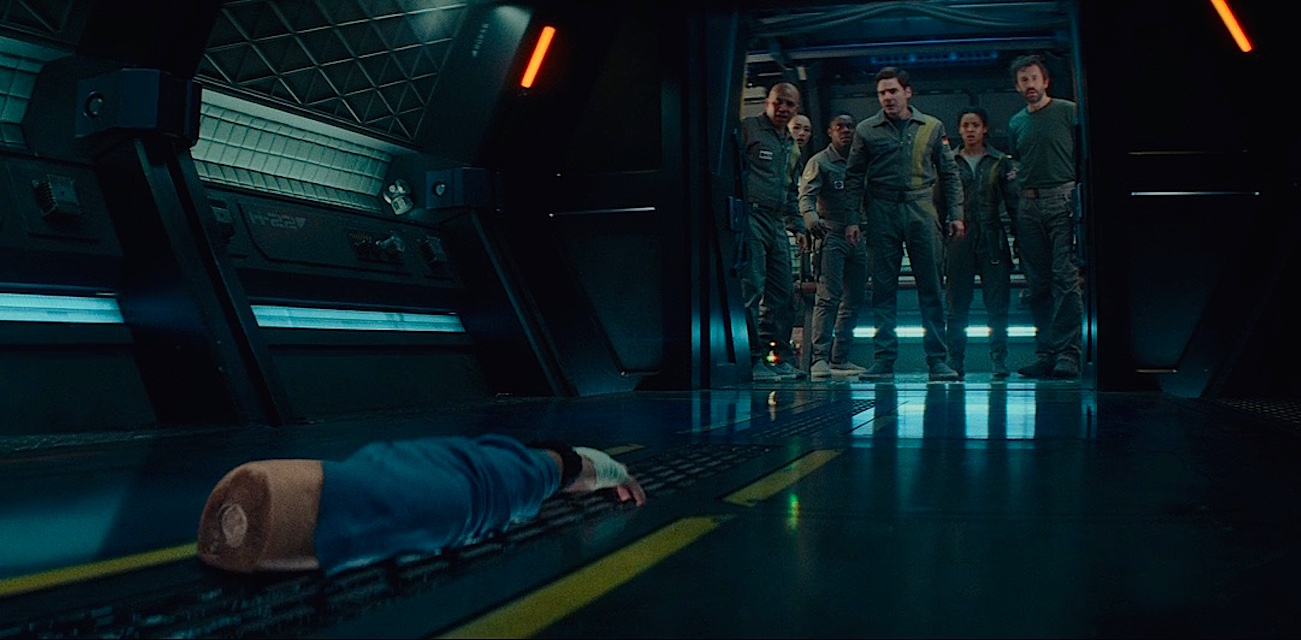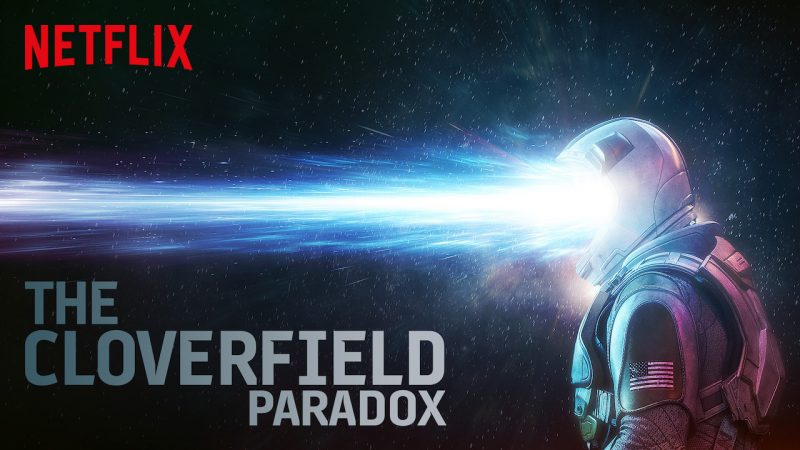“Cloverfield,” released in 2008, remains one of the best films I have ever seen. The found-footage genre, which had its beginnings with “The Blair Witch Project” and became a norm with “Paranormal Activity,” is something that J.J. Abrams, a successful producer and director known for bringing creative ideas to the screen, handled without any issues. His signature film, “Cloverfield,” is still a classic, at least in my view. This is because the brilliant concept of telling an alien invasion story from the perspective of anyone on the streets with a camera is truly remarkable. Especially in today’s world, where people have started to open up their lives to the world with their cameras, “Cloverfield” makes a lot of sense. The Cloverfield universe, which also leaves room for potential sequels, continues with its third film, The Cloverfield Paradox, after “10 Cloverfield Lane,” released in 2016.
Towards the end of 2017, we heard that a new Cloverfield film was on its way, even though we didn’t know its title. It was said to be named “God Particle.” However, there was no information about the film’s plot. Interestingly, we accessed the first trailer of the film through the Super Bowl, and the film was surprisingly released on Netflix the same day. Even for someone who follows film news like me, it was a delightful surprise. The marketing strategy was indeed a success. They generated so much curiosity that everyone rushed to watch the film, thinking it was urgent.
“10 Cloverfield Lane” tells the story of a man who hid underground after the alien invasion of 2008. In contrast, “The Cloverfield Paradox” goes into outer space. It also focuses on a time period before the invasion rather than after.

The film tells the story of a 6-member team on a space station conducting an experiment. However, when the machine they need to operate malfunctions, they are suddenly transported to a place much farther from Earth. Their space station becomes trapped in the middle of the void of space. Not only that, but it also jumps in time and switches to a parallel universe. No matter how hard they try to return, time and machine-induced changes constantly hinder them.
First and foremost, “Cloverfield: Paradox” is a mixed bag in its own right, much like “10 Cloverfield Lane,” but as a sequel, it falls short. It even contains significant logical flaws. Moreover, the film seems technologically advanced beyond what it should be if it is set in 2008. Unfortunately, the film’s most significant disadvantage is that it fails to fully realize its concept. The sense of tension and mystery is not successfully conveyed. The poorly designed atmosphere also ends up squandering its talented cast. The film had a lot of great ideas to start with, but it ultimately fell victim to the director.
The film was supposed to explain how the monster from 2008’s Cloverfield came to Earth, but it didn’t quite manage to do that. Or perhaps we didn’t understand it. Here comes a bit of a spoiler, but my guess is this: They accidentally traveled in time and instantly teleported our giant monster to Earth. I think that’s it.

It’s not a boring film, but due to the inadequate atmosphere creation, both the concepts and the acting talents are wasted. If you look at it as a standalone film and don’t expect it to link back to the 2008 film, you’ll end up saying, “Oh, what happens in the sequel to this film?” However, when viewed as a sequel, both films made after the 2008 film seem to be continuations that don’t really tell us anything.
As far as I know, J.J. Abrams was working on a fourth film alongside the third one. In the series, where we went underground in the first film and into outer space in the second, I hope we can finally get a glimpse of what happened on Earth. If J.J. doesn’t create a Godzilla-like film and, narrates a destruction story, and doesn’t tie the creature aspect to a storyline, I will be disappointed in the fourth film as well.

Cast & Crew
director: Julius Onah
writers: Doug Jung, Oren Uziel
starring: Gugu Mbatha-Raw, Daniel Brühl, Chris O’Dowd, David Oyelowo, John Ortiz, Zhang Ziyi, Elizabeth Debicki
USA | 2018 | 102 MINUTES |
